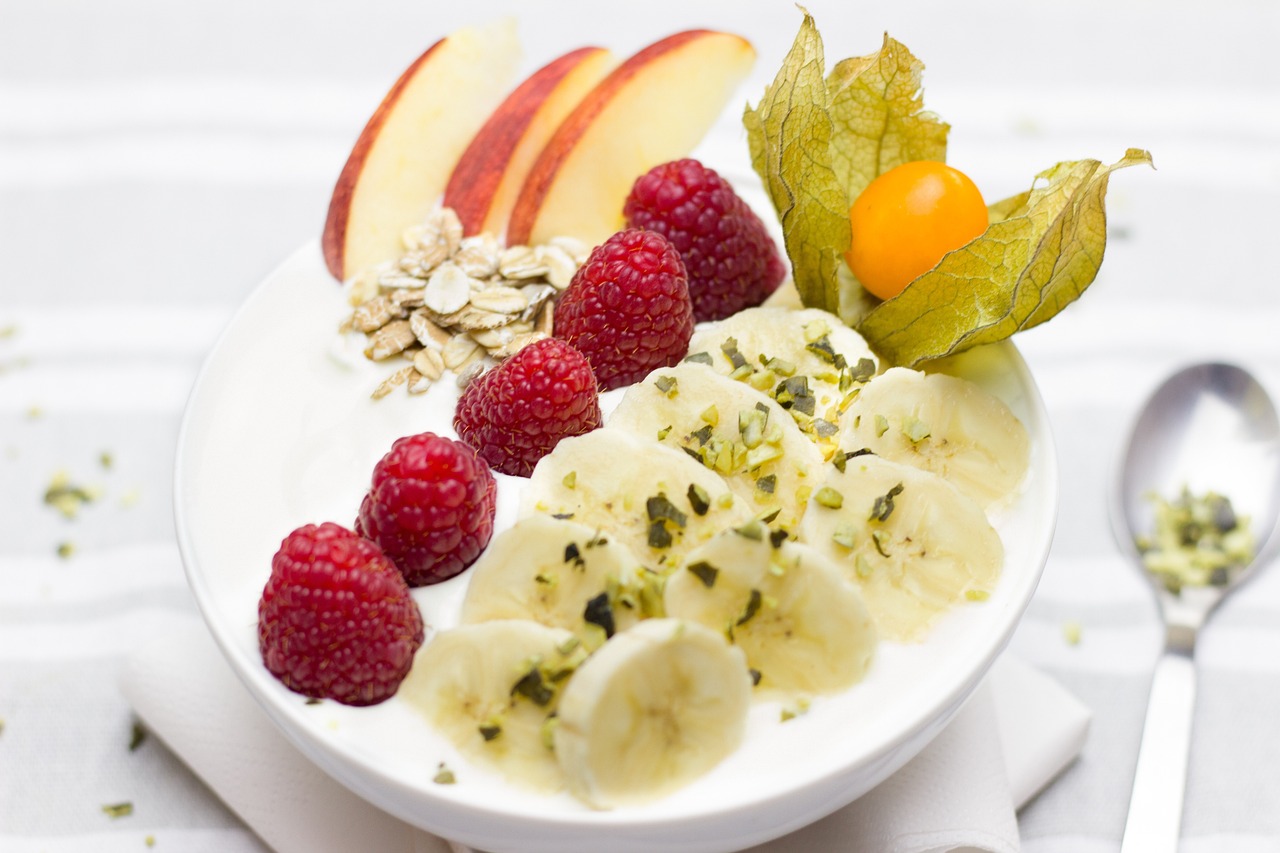
Are you looking to maximize your fitness gains? Whether you’re a seasoned athlete or just starting out, fueling your body with the right nutrients at the right time can make a world of difference. From pre-workout snacks to post-workout meals, meal timing strategies can help you reach your fitness goals faster and more efficiently. In this article, we’ll explore the science behind optimal meal timing and provide practical tips to help you fuel your fitness for success. So, let’s dive in and discover how to optimize your nutrition for peak performance!
1. “The Science of Meal Timing: Maximizing Your Fitness Potential”
Eating at the right time can help you maximize your fitness potential. The science of meal timing is a complex topic that involves understanding the body’s circadian rhythms, metabolic processes, and nutrient absorption rates. To get the most out of your meals, it’s important to pay attention to the timing of your meals, the type of food you’re eating, and how much you’re eating.
One of the key factors in meal timing is the body’s circadian rhythm, which is the internal clock that regulates sleep and wake cycles. Eating at the right time can help regulate your body’s rhythms, leading to better sleep, improved digestion, and increased energy levels. Additionally, eating at the right time can help you make the most of your workouts, as your body will have the energy it needs to perform at its best. To optimize your meal timing, aim to eat breakfast within an hour of waking up, have a mid-morning snack, eat lunch around noon, have an afternoon snack, and eat dinner at least three hours before bed.
2. “Fueling Your Workouts: The Importance of Pre- and Post-Exercise Meals”
When it comes to getting the most out of your workouts, what you eat before and after can make a big difference. Pre-exercise meals should provide you with the energy you need to power through your workout, while post-exercise meals are crucial for replenishing your body and helping it recover. Here are some tips for fueling your workouts with the right foods:
– Pre-exercise meals should be eaten 30 minutes to an hour before your workout. Aim for a mix of carbohydrates and protein to give you sustained energy. Some good options include a banana with peanut butter, a protein smoothie with fruit, or a slice of whole grain toast with avocado and egg.
– Post-exercise meals are important for repairing and rebuilding your muscles, as well as replenishing your glycogen stores. Aim to eat within 30 minutes of finishing your workout, and include a mix of carbohydrates and protein. Some good options include a turkey and cheese sandwich on whole grain bread, a protein shake with fruit and yogurt, or a quinoa and vegetable stir-fry with tofu.
Remember, what you eat before and after your workout can have a big impact on your performance and recovery. By fueling your body with the right nutrients, you can optimize your workouts and get the results you’re looking for.
3. “Timing is Everything: How to Optimize Your Nutrition for Peak Performance
For athletes and fitness enthusiasts alike, timing is everything when it comes to nutrition. Properly fueling your body before, during, and after exercise can make a significant impact on your performance and recovery. Here are some tips on how to optimize your nutrition for peak performance:
– Pre-workout: It’s important to fuel your body with carbohydrates before exercise to provide energy for your muscles. Aim to consume a meal or snack containing complex carbohydrates, such as whole grains, fruits, or vegetables, 1-3 hours before your workout. Additionally, consuming a small amount of protein can help with muscle repair and recovery. Avoid high-fat and high-fiber foods, as they can slow down digestion and cause discomfort during exercise.
– During workout: If your workout lasts longer than an hour, consuming carbohydrates during exercise can help maintain energy levels. Sports drinks or gels are a convenient option, but natural sources such as bananas or dates can also work. It’s important to stay hydrated during exercise as well, so be sure to drink water or electrolyte-enhanced beverages.
– Post-workout: After exercise, your body needs to replenish glycogen stores and repair muscle tissue. Consuming carbohydrates and protein within 30 minutes of exercise can help with this process. A smoothie with fruit and protein powder, or a meal containing lean protein and complex carbohydrates, are great options. Don’t forget to continue hydrating throughout the day to aid in recovery. In conclusion, fueling your fitness with optimal meal timing strategies is a key aspect of achieving your health and fitness goals. Whether you are an athlete or a fitness enthusiast, timing your meals can make a significant difference in your performance and results. By following the tips and strategies outlined in this article, you can ensure that your body is fueled with the right nutrients at the right time, allowing you to maximize your workouts and achieve your desired outcomes. So, start planning your meals and timing them strategically to take your fitness to the next level. Remember, consistency is key, and with the right approach, you can achieve your fitness goals and live a healthier, more fulfilling life.
